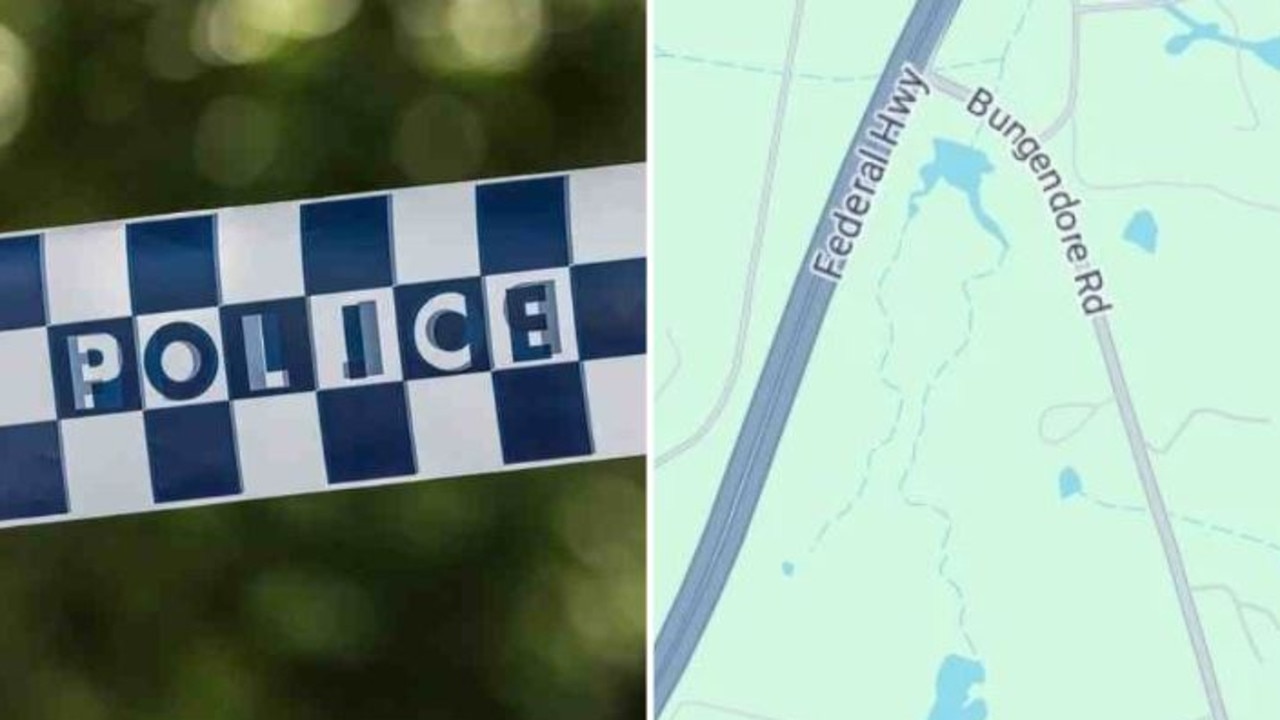Coronavirus Australia: Airlines get $700m bailout to wipe security charges and aviation fuel taxes
Struggling airlines have been granted some but not all of their wishes in a $715 million bailout that temporarily wipes security charges and aviation fuel taxes.
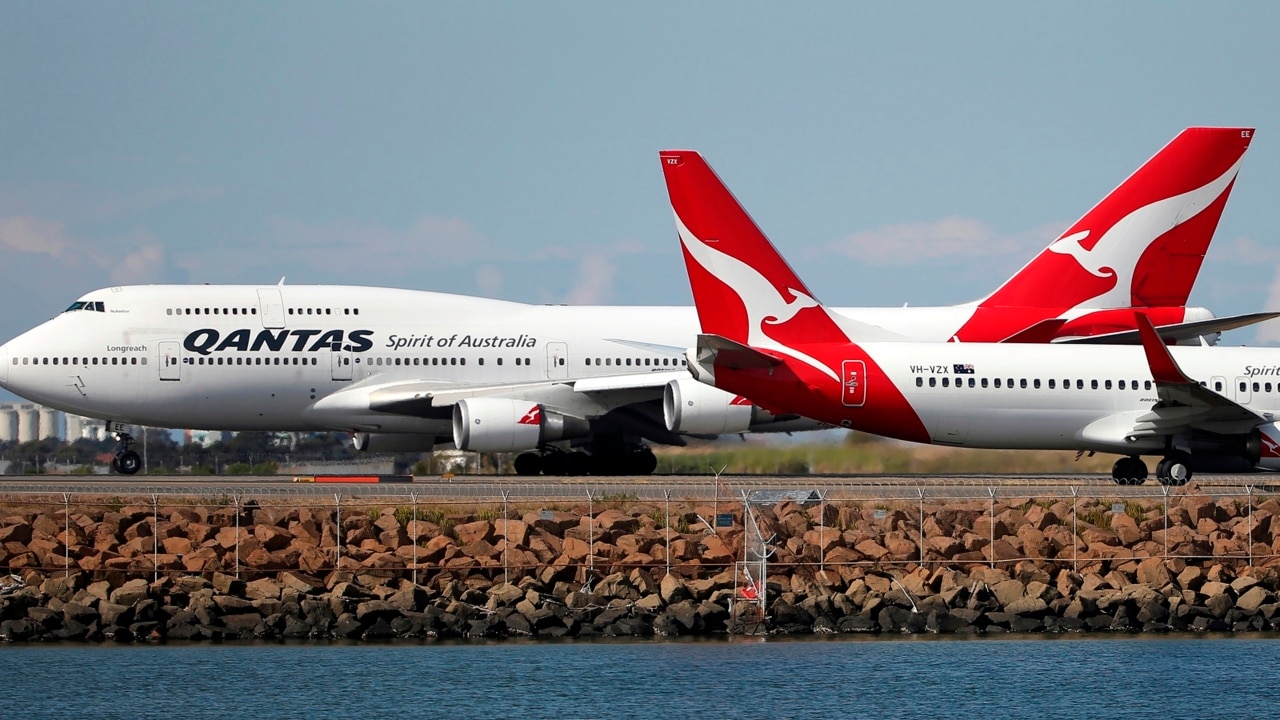
NSW
Don't miss out on the headlines from NSW. Followed categories will be added to My News.
Struggling airlines have been granted some but not all of their wishes in a $715 million bailout that temporarily wipes security charges and aviation fuel taxes.
The move by Transport Minister Michael McCormack — which will also see navigation and firefighting costs waived — came after he was warned by one carrier that it and others could collapse within six months.
“These measures are in response to an unprecedented and likely sustained period of falling international and domestic aviation demand related to the impact of COVID-19,” Mr McCormack said.
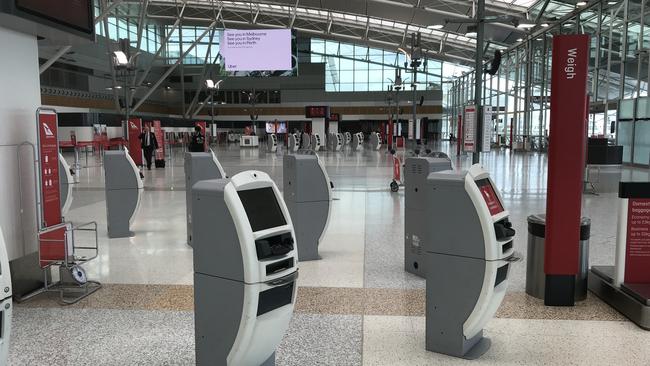
Qantas on Tuesday confirmed it is cutting capacity by 90 per cent on international routes and 60 per cent domestically, while the situation is even more grim for rival Virgin Australia.
Credit-rating agency S & P this week cut Virgin’s debt to CCC+, saying operating conditions “may be deteriorating at a faster pace” than the airline “can implement changes to protect cash generation and balance sheet health”.
That sent Virgin into a nine per cent tailspin on Tuesday against the backdrop of the biggest market rise since the 1990s.
Mr McCormack said there was an “upfront benefit” of $159 million to the carriers through refunds for fees paid since February 1.
But they didn’t get everything they asked for.
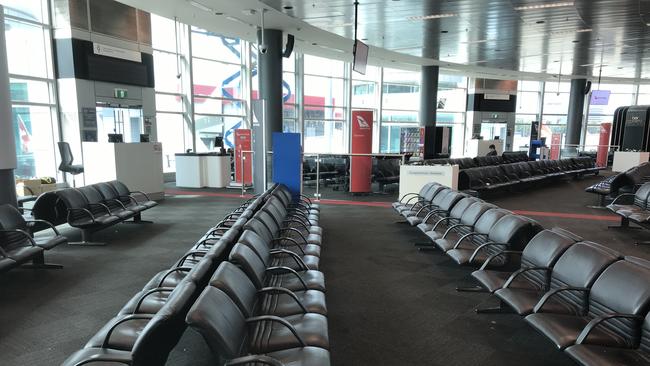
It’s understood that there was a request for wage subsidies to stop sidelined staff leaving the industry before demand returns to normal.
And it’s believed there were also calls for help with the costs of parking for planes that are not needed. Qantas alone is grounding 150 aircraft.
Plus Regional Express wrote to Mr McCormack on Monday requesting the government guarantee any new line of credit or banking loan it needed to get through the virus crunch. It currently has no borrowing.
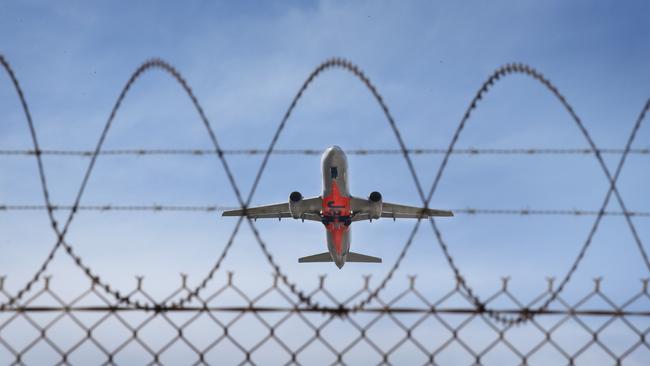
In the letter Rex chief operating officer Neville Howell warned it and perhaps a larger airline could collapse.
“Rex cannot survive the next six months of this global emergency if the forecast of worldwide health experts materialises,” Mr Howell said.
“If Rex, with all its strengths, were to collapse, probably following the collapse of all other independent regional carriers, and maybe even a domestic carrier, there will be utter chaos and mayhem on many regional and rural communities that depend on regional air services to be their socio-economic lifeline.”
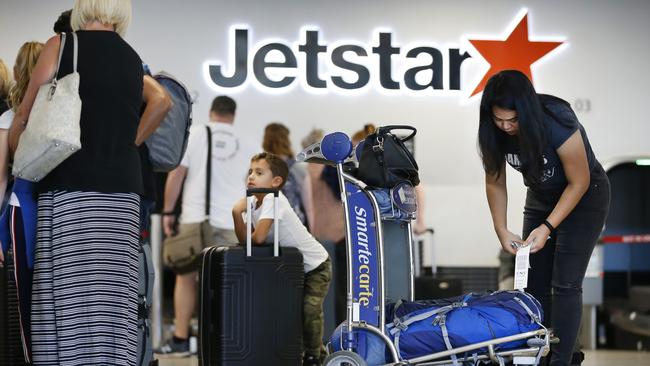
Rex is predicting a 25 per cent drop in traffic for the next six months.
Mr McCormack did not say how long the fee relief would last.



